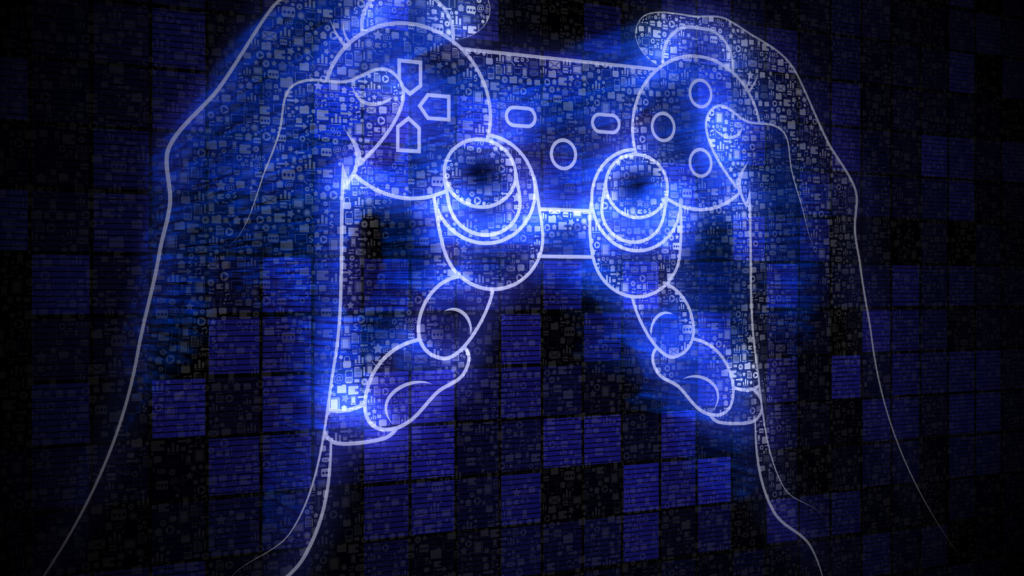Is casual gaming is dead? The landscape of the gaming industry has undeniably transformed, with an increasing emphasis on immersive, high-stakes games. The era of Candy Crush and Angry Birds seems to be fading into the background, making way for more complex gaming experiences.
But does this signal the death of casual gaming? Or is it merely a shift in the gaming paradigm? This article delves into the current state of casual gaming, analyzing its supposed downfall and what it means for gamers worldwide.
Stay tuned as we journey through the evolution of gaming, shedding light on the past, present, and future of casual games. We’ll explore the concept of casual gaming is dead, whether it’s truly ‘game over’ for this once-dominant sector or if there’s still life left in this genre.
Casual Gaming Is Dead
Casual gaming, quite distinct from its counterparts, proffers simpler gameplay mechanics and requires less commitment in terms of player’s time and skills. It caters to all demographics, regardless of age or gaming proficiency, hence, its accessibility and broad appeal.
Evolution of Casual Games

Casual gaming began its journey in the late 20th century, with games such as Tetris and Minesweeper setting a precedent. These games offered simple mechanics and allowed players to enjoy gaming sessions ranging from a few brief minutes to several hours. As technology progressed in the early 21st century, mobile devices became ubiquitous, aiding in the surge of casual games like Angry Birds and Candy Crush. These games, boasting simple yet addictive mechanics, amassed millions of players and quickly became a cultural phenomenon. As mobile technology continues to advance, casual games have found new life in the form of augmented reality (AR) games, such as Pokémon GO, redefining the genre once more. So, we can’t say casual gaming is dead
Characteristics of Casual Gameplay

Marked by their simplicity, genuine fun, and accessibility, casual games have several defining characteristics. Prime amongst them is the insulation from time restraint. Casual games usually feature simple game mechanics that can be easily picked up by players of any skill level and require less time to complete compared to their core and hardcore counterparts.
They offer short, repeatable play sessions and can be played on a variety of platforms, including mobile devices, computers, and consoles. Lastly, casual games often capitalise on addictive game mechanics in order to keep the player hooked, driving prolonged engagement through replayability.
The Rumors of Decline
Lingering speculations about the downfall of casual gaming have been in the air. These conjectures often culminate in the phrase casual gaming is dead, hinting at the loss of its once-firm grip on the gaming world. This section examines the assertions that champion such a narrative and dissects the plausible reasons behind it.
Trends Leading to the Casual Gaming is Dead Narrative

Evolution in gaming preferences proves to be a significant factor endorsing the assumption that casual gaming is on a decline. Player interest shows an increase towards games with depth, complex narratives, and multiplayer options. Fortnite, for instance, proves to be an interesting case. As an online multiplayer game, it merges casual and hardcore gaming elements, attracting a wide demographic of players.
In the same vein, smartphones’ increased performance capacity fosters the trend toward more sophisticated mobile games. These gaming apps, characterized by rich graphics and in-depth gameplay, tend to overshadow simpler casual games.
Complex Mobile Games
While it’s easy to fall for the narrative that casual gaming is dead, the numbers tell a different story. With a player base of about 300 million, it’s clear that casual games are far from extinct. They’ve simply evolved, adapting to the changing trends and preferences of the gaming community. The rise of complex mobile games and eSports has certainly shifted the spotlight, but hasn’t obliterated the appeal of casual gaming. Its core strengths – time flexibility, accessibility, and replay value – remain relevant in today’s gaming landscape.

